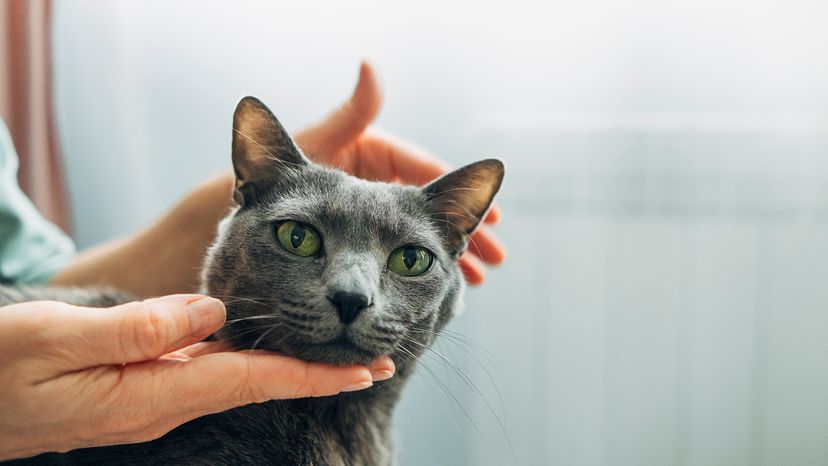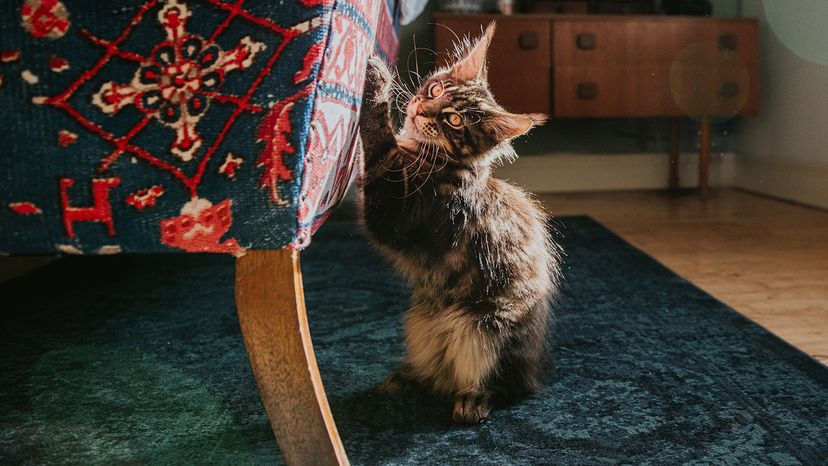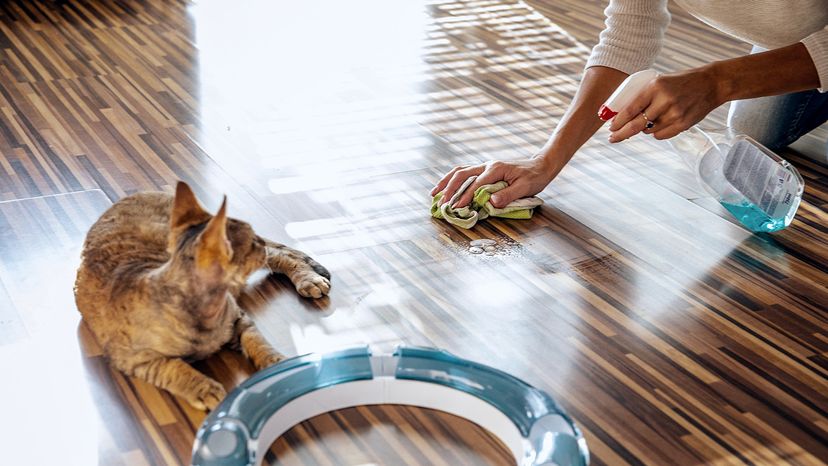
If you've ever come home to find a small, smelly surprise on your wall, you might be wondering, do female cats spray?
The answer is yes. Though it's more commonly associated with male cats, female cats can also engage in urine spraying, especially under certain conditions.
Advertisement
So, why does this happen, and what can you do about it? Let's break down the facts about cat spraying, and how it applies to female cats.

